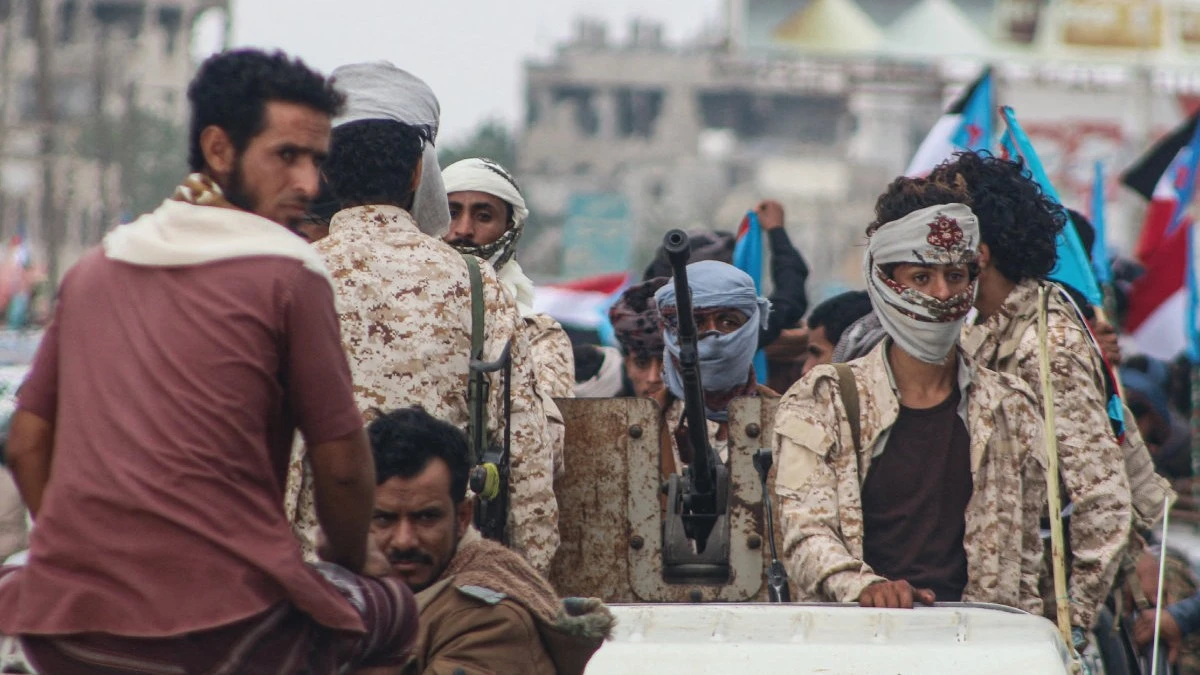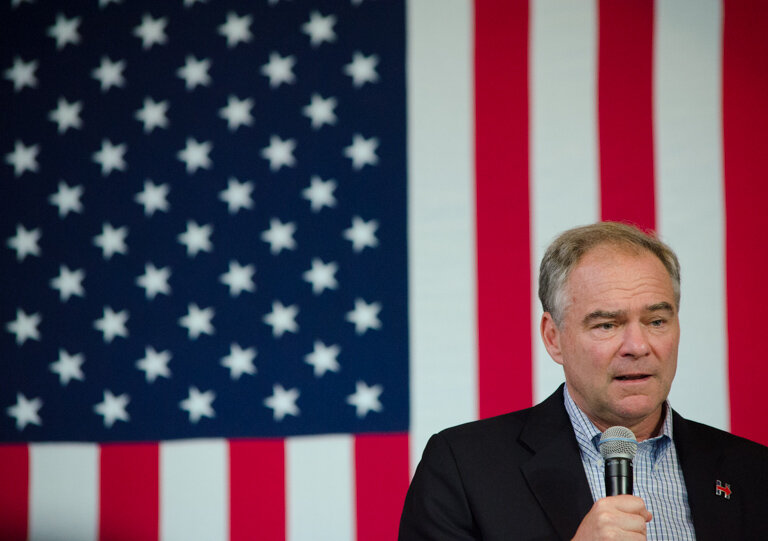PICTURED: Yemeni children holding a funeral ceremony for Yemeni children that were killed in airstrikes. Photo credit The Guardian.
Story at a glance…
-
New amendment to the NDAA would prevent not only offensive, but logistical and assistance operations for the Saudi war in Yemen.
-
This follows abandoned promises made by Biden early in his term.
-
As the situation in Yemen worsens, 400,000 children may starve to death this year if the blockades and war continue.
It’s the easiest case to make: the U.S. should not be financing a genocide, especially when it has nothing to do with the stated aims of protecting American interests or conducting counterterrorism. Yet based on the wording of a recently-proposed amendment to the 2022 National Defense Authorization Act, an observer can see just how often the past and current presidential administrations have tried to dismiss it.
The amendment may seem overly precise, but after three failed attempts at ending the War in Yemen, Representative Ro Khanna (D – CA) has understandably run out of patience for political loopholes.
After Joe Biden entered the White House, he quickly announced an end to “the support of offensive Saudi-coalition operations in Yemen,” claiming the people of the poorest country in the Middle-East were suffering “unendurable devastation”.
However every American journalist worth his or her laptop immediately wondered, “what constitutes ‘offensive operations?’” Evidently nothing, as the Administration and the Pentagon have both admitted what war reporters knew almost immediately, that the policy was going to remain in place.
Al-Monitor reported in April, merely a month after Biden’s heartfelt statement, that the Pentagon continued to pay private military contractors to service and maintain Saudi warplanes, the principle weapon of a war which may produce civilian dead in the millions.
Further still, Biden recently approved and then defended a contract of up to $500 million in maintenance costs for the Saudi Blackhawk and Apache attack helicopter fleet.
With the annual military budget coming up for review, a group of congressmen see an opportunity as guardians of the checkbook to hold to their own definition of ‘offensive.’
The worst place in the world
Yemen is the world’s worst humanitarian disaster. Years ago it was found 85,000 children had died of famine or deprivation-related illnesses. Predictions this year by the UN estimated that 400,000 were suffering from acute malnutrition and may die in 2021 alone.
Reuters report that there has been an increase of 22% of children under 5 years old suffering from acute malnutrition compared to 2020. The country has endured COVID-19 like the rest of us, as well as two severe cholera outbreaks since the Saudis invaded in 2014.
The cause for this devastation was a well-documented and deliberate bombing campaign by the Saudis against the civilian infrastructure, and a blockade of the port city of Hodeida, and of the airport in Sanaa, the capital. For all the damage, little has been achieved, and the Houthis who control the country own just as much as they did 6 years ago, despite enduring 24,000 air strikes.
A letter detailing the full extent of the current conditions was signed and sent to Congress by a variety of anti war advocacy groups, including the Friends Committee, the Council on American-Islamic Relations, and many, many more. Their recommendations coincide with the amendment introduced by Ro Khanna.
In it, the coalition of mostly Democrats write that no funds should go to aid Saudi or allied operations in Yemen for essentially any reasons, including sharing of intelligence, providing logistical support, maintenance or spare parts for planes or helicopters, or to command, coordinate, participate in the movement of, or accompany the regular or irregular military forces of the Saudi-led coalition in hostilities against the Houthis.
Khanna has tried to end all American complicity in the war crimes in Yemen with a pair of amendments, both of which were vetoed by Trump. The resolution invoked the War Powers Act, a legislative tool to beef up Congress’ ability to control military actions, however they were passed as joint resolutions and not concurrent resolutions, and therefore required the president’s signature to be legally valid.
The NDAA has no need of the president’s approval, and could represent a more concrete way of ending the world’s worst humanitarian disaster.


